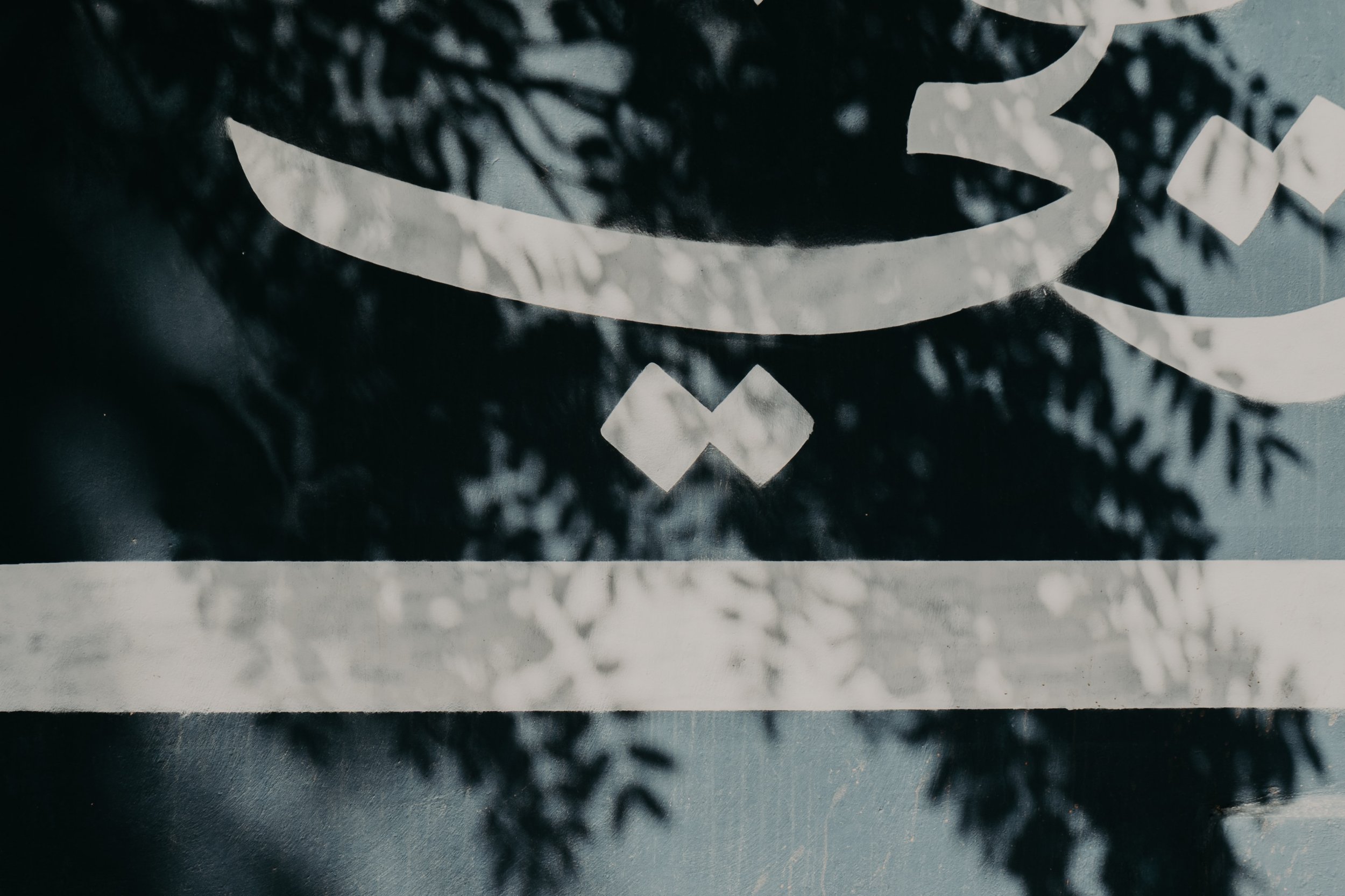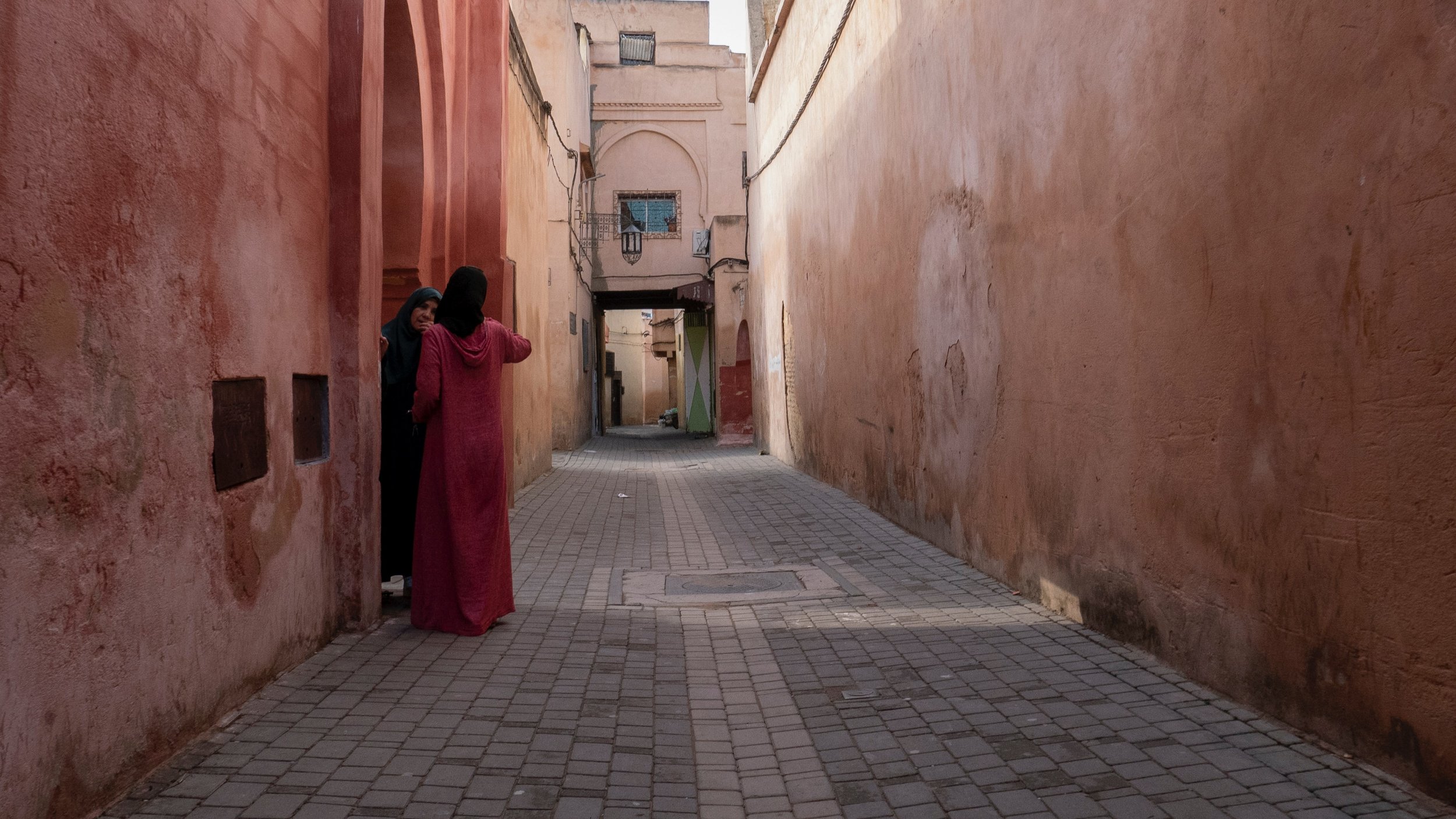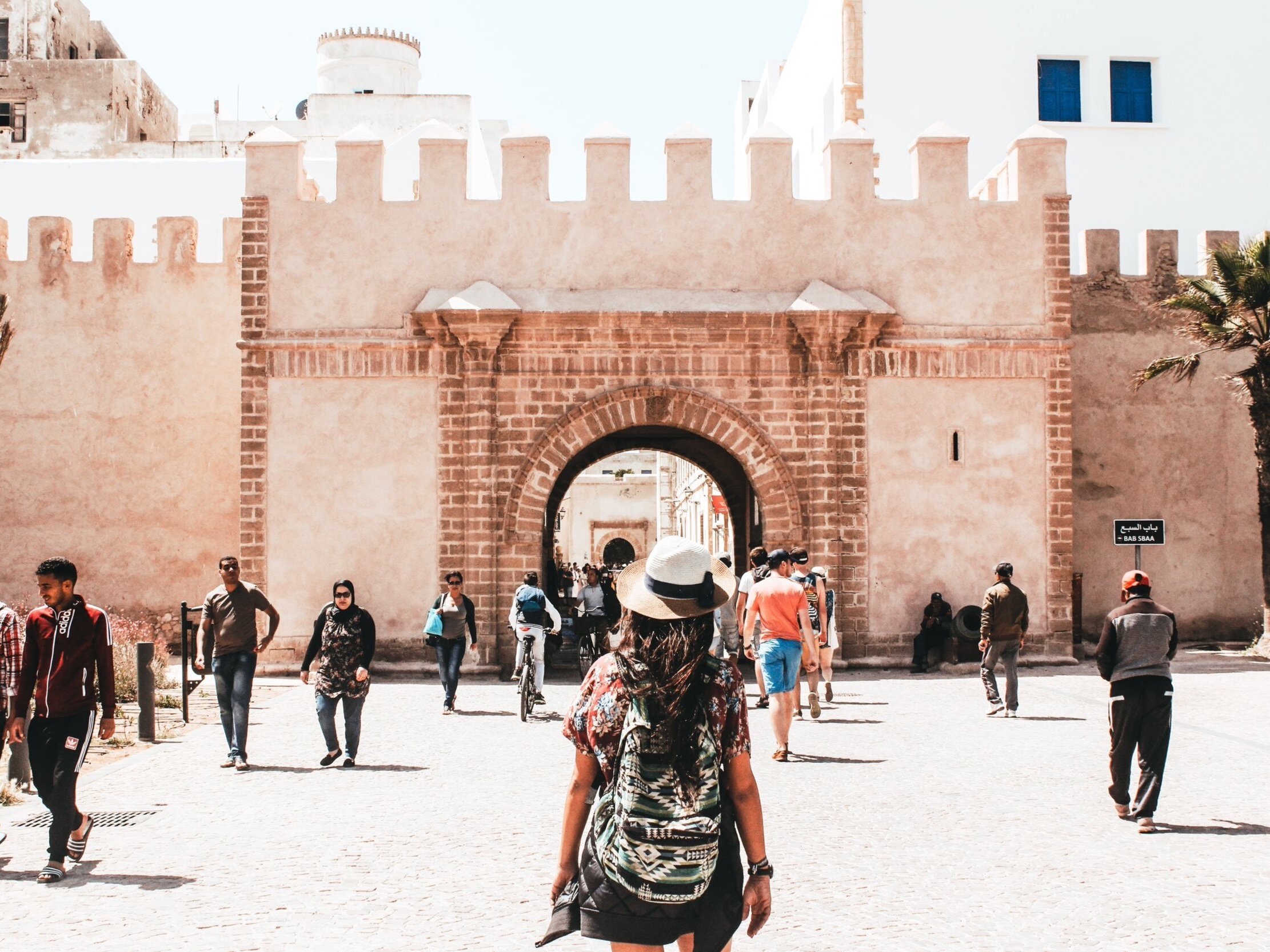Language and Communication in Morocco
Updated July 2024
If you want people to understand you, you speak their language.
—African proverb
“Spanish and Arabic share thousands of words,” I thought to myself prior to moving to Morocco. Because I am a fluent Spanish speaker I took some comfort knowing that I might be able to get by without knowing any Arabic. However, once I arrived I realized that those “thousands” of words are few and far between. Yes, there are some Arabic and Spanish words that sound similar, but I was not able to hold entire conversations by speaking Spanish. For me to truly understand the local people, I would need to learn their language.
While there are two official languages in Morocco—Modern Standard Arabic and Amazigh—Moroccans tend to speak and understand a variety of languages. Moroccan Arabic (Darija) is the most prevalent spoken language in Morocco, which is technically a dialect of the Arabic language. Modern Standard Arabic, or Fossha, is literary Arabic that is used in writing and in official communication. Hassaniya Arabic is the dialect spoken in the southern part of the county.
Multilingualism in Morocco
In Morocco, a significant portion of the population is multilingual due to the country's historical and cultural influences. Here's an overview of language proficiency in Morocco:
French: Due to France’s influence in Morocco historically, the French language is widely spoken, particularly in urban areas and among educated individuals. It is commonly used in business, government, education, and the media. Approximately 33% of Moroccans are proficient in French. Darija contains many words from the French language. Moroccans who understand multiple languages will alternate between these languages quickly and without notice, so try not to get frustrated.
Spanish: Spanish is spoken primarily in northern Morocco and in the south, which were formerly Spanish territories. Around 5-10% of Moroccans speak Spanish, with higher concentrations in these regions.
English: English proficiency is growing, especially among younger generations and in urban areas. It is increasingly taught in schools and used in business and tourism. About 14% of the population has some proficiency in English, although this number is steadily rising.
In addition to these foreign languages, many Moroccans are also fluent in Modern Standard Arabic (used in formal settings and media) and Amazigh (Berber) languages (with three dialects), which are spoken by around 30-40% of the population.
Overall, multilingualism is common in Morocco, with many people speaking a combination of Moroccan Arabic (Darija), French, Amazigh languages, and increasingly, English and Spanish.
Languages Used in Morocco
For visitors to Morocco, their engagement with the local language will be most influenced by the part of the country they visit. French is more common in Casablanca and Rabat. Spanish is more common in Tangier and Tetouan. The Berber dialects are most common in the mountains and desert. For most people wishing to stay in Morocco for longer periods of time, knowing Moroccan Arabic and French will be most useful. Some expats in the country know only French, and it is enough to get by. We at Crossroads Cultural Exchange speak Moroccan Arabic at an advanced conversational level.
If you are planning to visit Morocco for a short period of time and want to learn some language, here are a few things to keep in mind:
1. Signage - Road signs, menus, and business signs are typically written in French. Knowing French food words might be helpful to you as you order in restaurants. If you want to learn French for free, then you can try Duolingo. You will also find signage in Arabic and Berber.
2. Language basics - When traveling in the country, whether by train or taxi, knowing some directional words in French or Darija will be useful. Additionally, greeting local people in Darija is considered respectful. We recommend learning the basics of Moroccan Arabic with us; the Curious Explorer course is a 3-hour program that will equip you with the basics of Moroccan Arabic and give you some cultural insights. The course can be done in person while in Morocco, or over video chat prior to your arrival.
Phones
One of the benefits of modern technology is the ability to use phones for translation purposes. We recommend downloading the Google Translate app. This app can be used while trying to read menus in restaurants, merely by holding your phone over the text you want to translate. But you may be asking, how do I get data to use this app? The great news is that phone chips (SIM cards) are readily available for purchase in Morocco at a very inexpensive price. Prior to traveling to Morocco, verify with your phone provider that your phone is “unlocked.” You may be tempted to extend your current coverage to an international plan. This is an option, but it is generally much more expensive than buying a SIM card in Morocco. You are likely to pay more in one day for an international plan than you would during your entire trip in Morocco.
Having data in Morocco will allow you to use your phone in most places that have steady cell coverage. Otherwise, you will be dependent on hotels and restaurants that provide Wifi. WhatsApp is a useful app if you wish to communicate with people in your traveling party while outside of places with wifi.
General Communication
Communication extends to more than just the words that come out of our mouths, but also the way we express ourselves. A unique communication style in Morocco is the extended greeting. Oftentimes Moroccans will seemingly talk over themselves as they greet one another, asking about health, family, and work. There are many ways in Darija to ask someone how they are doing, and during these greeting periods it is not uncommon to use many of these phrases. Perhaps these extended greetings are a result of hot-climate culture people wanting to create a warm, comfortable atmosphere.
When greeting a Moroccan, it is important to be mindful of how members of the opposite gender interact. For same-gender greetings, a kiss on the cheek is common; although this custom has changed in the last few years due to social distancing requirements as a result of the COVID-19 pandemic. This world-altering pandemic notwithstanding, Moroccans tend to be very affectionate. Handshakes prior to cheek kisses are the norm for men. For men-women interactions, a handshake is typical, though some people prefer to greet members of the opposite gender with just a nod and a hand over the heart, rather than physical contact. If you are unsure how to greet someone, follow their lead and respond accordingly.
For communication in general, here is a list of Do’s and Dont’s regarding gestures and taboos, as provided by Culture Smart! Morocco:
Dos
A nod of the head means “yes” but a shake of the head can mean “no” or “I’m not sure”
A shrug of the shoulders expresses the feeling “What can I do about it?”
If someone is thirsty or wants water, they will put an outstretched thumb to their lips.
After shaking hands, Moroccans will place their right hand over their heart for a moment.
Two index fingers placed side by side indicate kif-kif, or “same,” and can also imply friendship or a relationship.
One finger pulling down the lower eyelid indicates hshuma (shame).
To indicate “come here,” the whole hand is used rather than one finger.
Shaking one’s hand next to the head or ear indicates “crazy,” usually in reference to another person.
Don’ts
Raising or lowering the middle finger at someone is an obscene gesture
Creating a circle with the thumb and index finger, which indicates “OK” in other countries, actually means “zero” or “bad” in Morocco.
Moroccan Arabic Phrases
Peace be upon you. Essalamo 3alikom. Note: This greeting is sometimes shortened to “essalam”. السلام عليكم
Peace be upon you, too. Wa 3alikom essalam وعليكم السلام
Good morning. Sba7 elkhir / Sba7 ennor صْباح الخير / صْباح النور
Good evening. Msa elkhir / Msa ennor مسا الخير/ مسا النور
How are you doing? Ki dayr? (Addressing a male) Ki dayra? (Addressing a female) كي داير؟ كي دايرة؟
Are you doing well? Labas 3lik? لا باس عليك؟
I am fine, praise be to God. Labas, el7amdo lillah لاباس، الحمد لله
And you? W nta? (Addressing a male) W nti? (Addressing a female) و نتا؟ و نْتي؟
What about the family? Mmaline eddar? / El3a2ila? مّالين الدّار؟ / العائلة؟
What about the kids? Elwlidat? الوليدات؟ All is fine. Kolshi bikhir كُلشي بِخير
May Allah protect you. Rebbi ikhellik. Note: This phrase is used as a thank you. ربي يخليك
See you tomorrow. Netshawfo ghedda نْتشاوْفو غْدّا
Bye. Beslama بْسْلامة
Have a blessed day. Neharek mebrouk نهارك مبروك
Thank you. Shukran شكرا
God bless you. Baraka Allaho fik. Note: This expression can be used as a thank you. بارك الله فيك
God willing. Inshallah إن شاء الله Note: This expression is used whenever talking about the future.
Any news about... Shi khbar 3la... شي خبار على...
What’s up? Ash kat3awd? (Addressing a male) Ash kat3awdi? (Addressing a female) أش كتعاود؟ أش كتعاودي؟
These phrases are essential to embracing the full experience of Moroccan hospitality and warmth. As you practice these greetings, you'll find that they open doors to deeper connections and richer conversations.
Are you visiting Morocco soon? Start your travels with us to learn some Moroccan Arabic phrases and cultural dos and don’t and to have the best trip available to you.













The local dialect of Arabic in Morocco is called Darija (الدارجة), which means “everyday, colloquial language.” Modern Standard Arabic (MSA/Fossha), which is the international Arabic language, is used in writing and in official communication, but often feels somewhat artificial, or stuffy, because people don’t actually speak MSA.